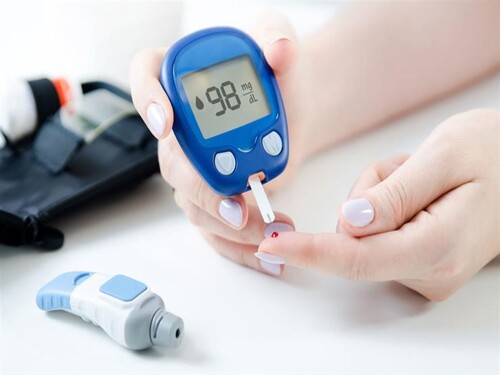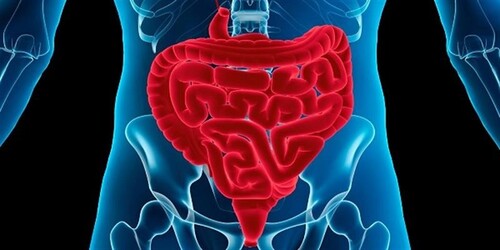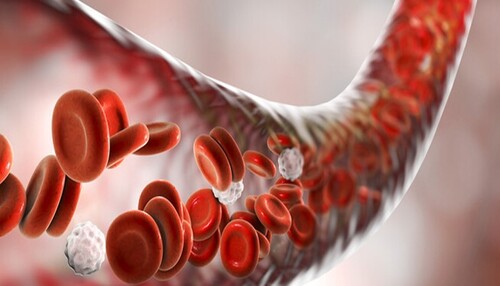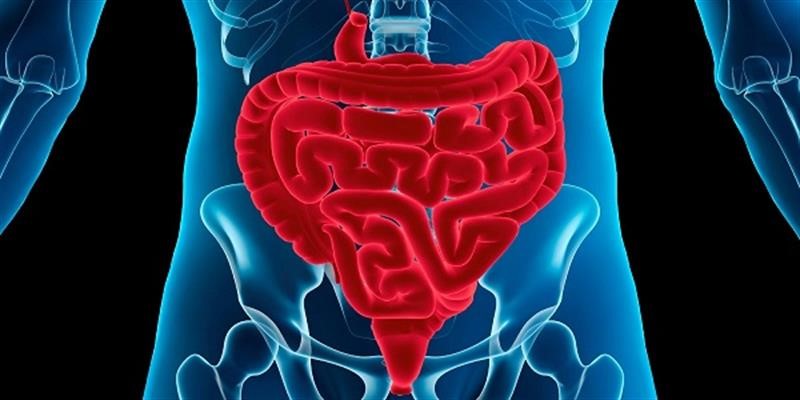Food is one of the basic necessities of human life. It can be said that it is a reason for human survival and growth.
Every food, if eaten properly, has its benefits for humans. Of course, any food that is eaten more than the necessary amount, instead of benefiting our body, will be harmful and cause various diseases.
In this article, we will discuss the foods in Kurdistan, which are both harmful in terms of health and overuse and terms of quality.
Unfortunately, the most common diseases in Kurdish society and Kurdistan are:
1. Diabetes
2. Blood pressure
3. Colon diseases
4. Anemia
Many people suffer from these diseases every year. We can say that these diseases are the most common in our society, mostly due to unhealthy diets, overeating, and lack of high-quality food.
1. There are 2 types of diabetes:
A) Type 1: This type is caused when our immune system destroys the insulin-producing cells in the pancreas.
In Kurdish society, this type of infection is mostly caused by environmental factors such as viruses.
b) This type of diabetes is the most common type caused by an unhealthy lifestyle or by parents, means inherited from parents.
Causes of diabetes:
Obesity, low mobility, hormonal changes

2. Blood pressure:
An increase in blood pressure above normal causes the heart to beat faster and increases pressure on the heart and blood vessels.
Causes of infection:
Overweight, eating too much salt, not exercising, age, heredity, alcohol, smoking, etc.

3. Colon disease:
Colon disease is one of the most common problems and causes restlessness, inflammation of the digestive tract, and ulcers. The patient experiences abdominal pain mostly such as twitching, cramps, bloating, stomach gas, changes in bowel movements, constipation or diarrhea, and sometimes “leman” in excrement, and varies from person to person.
Causes of infection:
Eating food fast, caffeine, smoking, sweets, alcohol, depression and anxiety, soft drinks, beans, pea, lentils, green beans, etc.

4. Anemia:
A condition in which the body can no longer produce normal and healthy red blood cells.
Causes of infection:
Vitamin B12 deficiency, chronic diseases, iron deficiency, consumption of certain medications such as antibiotics, ...

In South Kurdistan, we can say that we have some foods that are not of high quality and are the main cause of diseases such as:
oils, canned foods, fast food, and ….
Fortunately, in our country, these diseases have been reduced through treatment and guidance, through prevention and reduction of "salty, fatty, and sweet" food, and individual awareness in Kurdistan.
Prevention of disease in Kurdish society:
1. Reduce harmful and fast foods, and increase the consumption of fruits and vegetables.
2. Exercise is a reason to stay active and strengthen the body against disease.
3. Avoid cold areas.
4. Organize meals with adequate food.
5. Drink plenty of water.
6. Reduce beans intake.
7. Reduce the consumption of medication.
8. Reduce the consumption of sugar and sweets.
By eating fruits, vegetables, and some healthy foods such as "boiled potatoes, broccoli, vegetables, vegetable soup, oatmeal, low-fat foods, carrots, avocados, chicken breast" and many other foods we can protect ourselves and our environment from these common diseases and have health individuals in Kurdistan.









